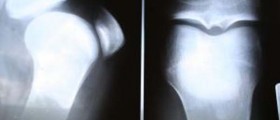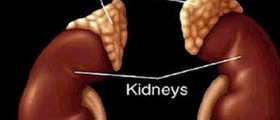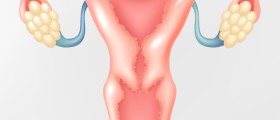
Mesothelioma is a tumor originating from cells of the pleura, peritoneum or pericardium. It can be benign or malignant which depends on histological characteristics of the tumor, its behavior as well as several other factors. Benign mesothelioma is not a life-threatening condition but represents a risk factor for malignant mesothelioma. Namely, the tumor may eventually transform into a malignant form of the disease.
Benign mesothelioma is a solitary, well organized tumor. It is clearly separated from the nearby tissues. The tumor is rather rare and accounts for less than 10% of all mesothelioma in the United States.
The actual causative factor of benign mesothelioma remains unknown. The tumor is not related to asbestos exposure as it is the case with malignant mesothelioma.
Benign Mesothelioma Clinical Characteristics
In many cases the tumor is asymptomatic. Patients are not aware of its presence. Because of that it is possible for it to be accidentally found during tests and exams performed in other purposes.
If there are symptoms, they are the same as symptoms associated with malignant mesothelioma. Firstly, there are symptoms and signs connected with compression of different structures inside the thoracic cavity. It is possible for patients to experience shortness of breath, chest pain, weight loss and weakness. Some of them additionally complain about dysphagia, raspy voice and increased body temperature. Symptomatic benign mesothelioma originating from the peritoneum is frequently a cause of abdominal pain and swelling, nausea and vomiting, changes in appetite and bowel obstruction. If the tumor affects the pericardium it may initiate chest pain, difficulty breathing, fatigue, chronic cough and heart palpitations.Diagnosing Benign Mesothelioma
After evaluation of patient's symptoms and physical exam, doctors opt for imaging studies (X-ray, CT scan or MRI) which can identify the tumor and provide with more information regarding its localization, relation towards the nearby organs and tissues etc. Still, it is essential to perform a biopsy or even total tumor resection and pathohistological examination. Only this way the tumor can be finally classified as benign or malignant.
Benign Mesothelioma Treatment
Even though this tumor is benign when it comes to its histological characteristics, it can also, if large enough, cause many health issues such as compression of nearby organs. This is why many doctors suggest surgical removal of all symptomatic benign mesotheliomas. Furthermore, the tumor is better to be removed as soon as possible even if there are no symptoms because it carries a risk for progression into a malignant form of the disease.
After the surgery patients undergo regular follow-up since the tumor may return as a malignant form.

















Your thoughts on this
Loading...